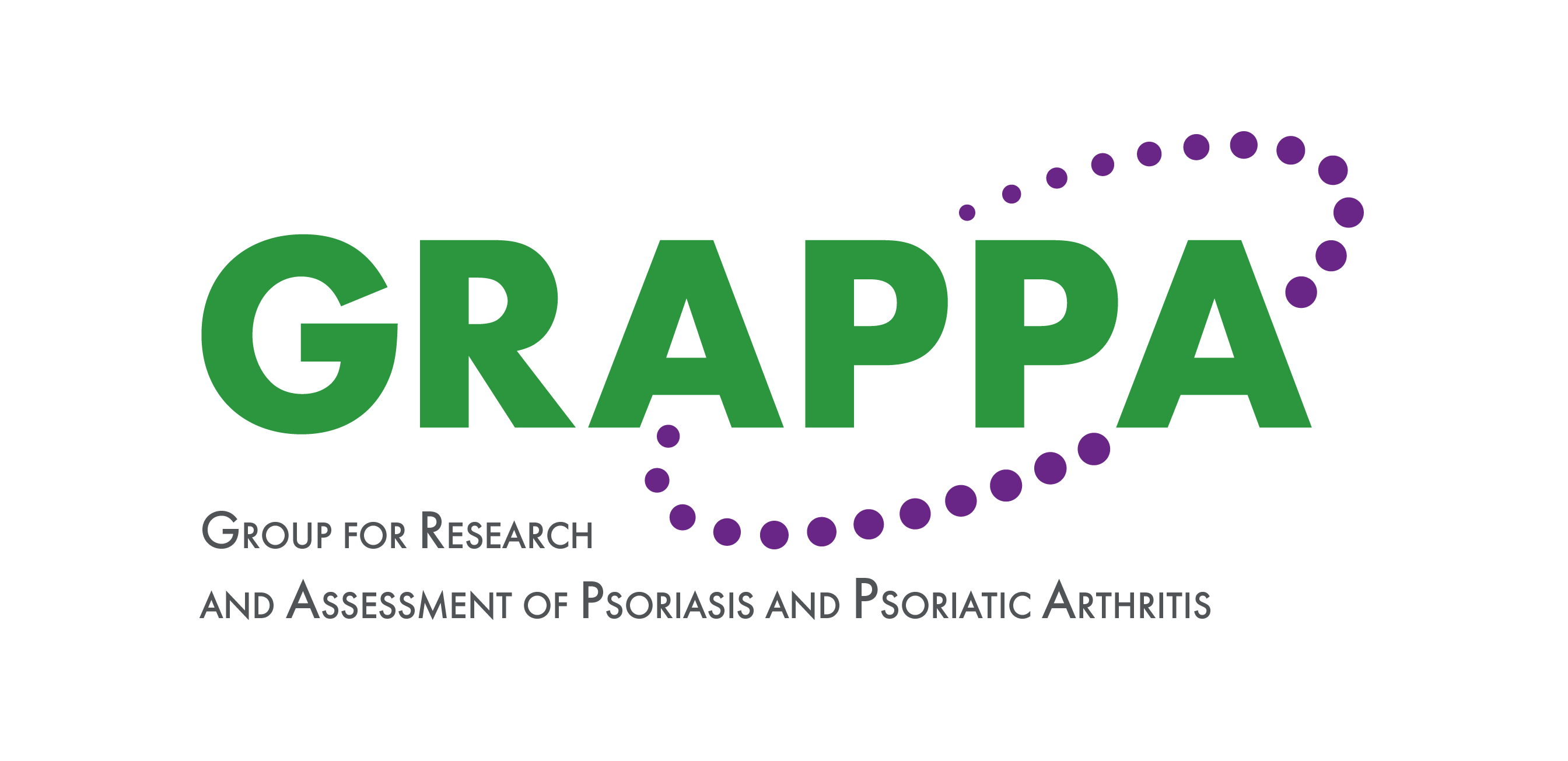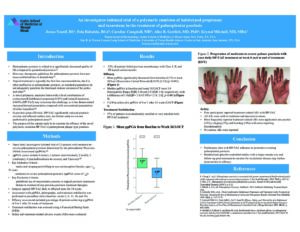An investigator-initiated trial of a polymeric emulsion of halobetasol propionate and tazarotene in the treatment of palmoplantar psoriasis
Authors
Jenna Yousif
Icahn School of Medicine at Mount Sinai
Folawiyo Babalola
Joe R. & Teresa Lozano Long School Of Medicine, University Of Texas Health Science Center At San Antonio
Caroline Campbell
Icahn School Of Medicine At Mount Sinai
Alice Gottlieb
Icahn School Of Medicine At Mount Sinai
Krystal Mitchell
Icahn School Of Medicine At Mount Sinai
Background: Palmoplantar psoriasis is a chronic, difficult-to-treat localized variant of psoriasis that affects the palms and soles, significantly affecting patient’s quality of life.
Objective: To evaluate the synergistic effect of a fixed-combination topical lotion composed of halobetasol propionate 0.01% and tazarotene 0.045% in the treatment of palmoplantar psoriasis.
Methods: This was an open-label investigator-initiated trial involving 21 patients with moderate-to-severe palmoplantar plaque-type psoriasis who underwent treatment with halobetasol propionate 0.01% and tazarotene 0.045%. Subjects were assessed for disease severity using the palmoplantar Physician Global Assessment and the mean difference overtime was compared using the Wilcoxon signed-rank test.
Results: 5 patients (24%) achieved a palmoplantar Physician Global Assessment of 0 or 1 after week 24 or last observation carried forward. The mean palmoplantar Physician Global Assessment significantly decreased from baseline (3.57) to week 24/last observation carried forward (2.38) (p<0.001).
Discussion: Halobetasol propionate 0.01% and tazarotene 0.045% lotion demonstrated efficacy in adult patients with moderate-to-severe palmoplantar plaque-type psoriasis through significant improvement in palmoplantar Physician Global Assessment. The complementary mechanisms of action of the corticosteroid and tazarotene may be of benefit compared to monotherapeutic agents.


